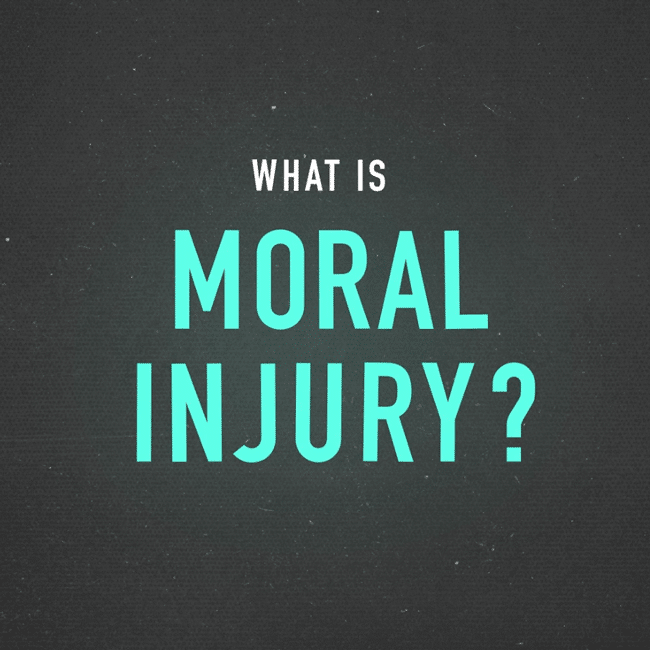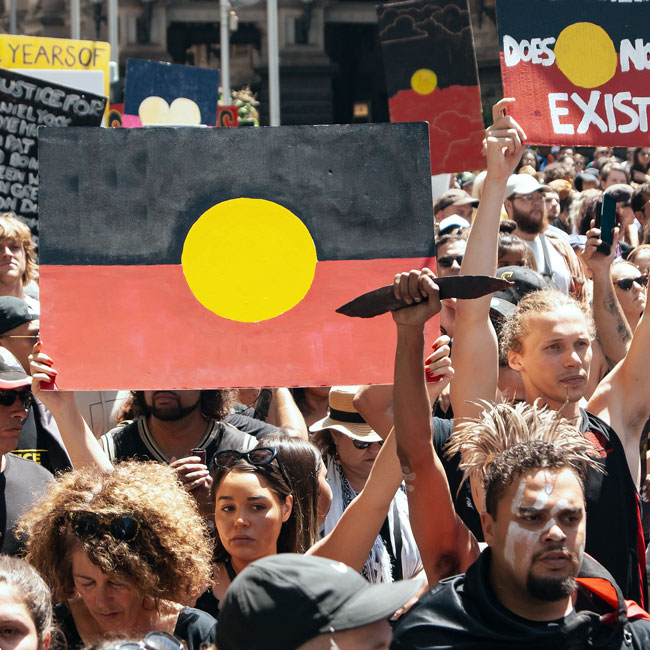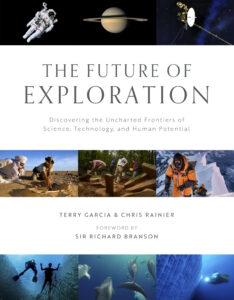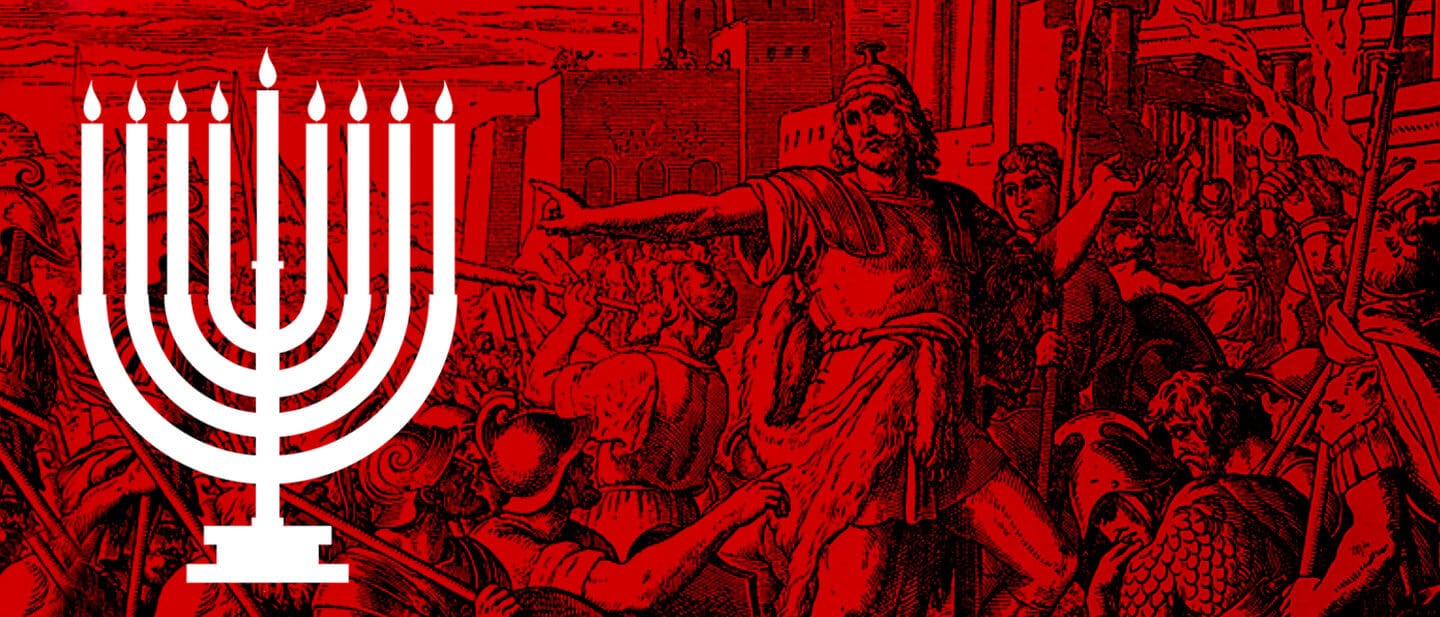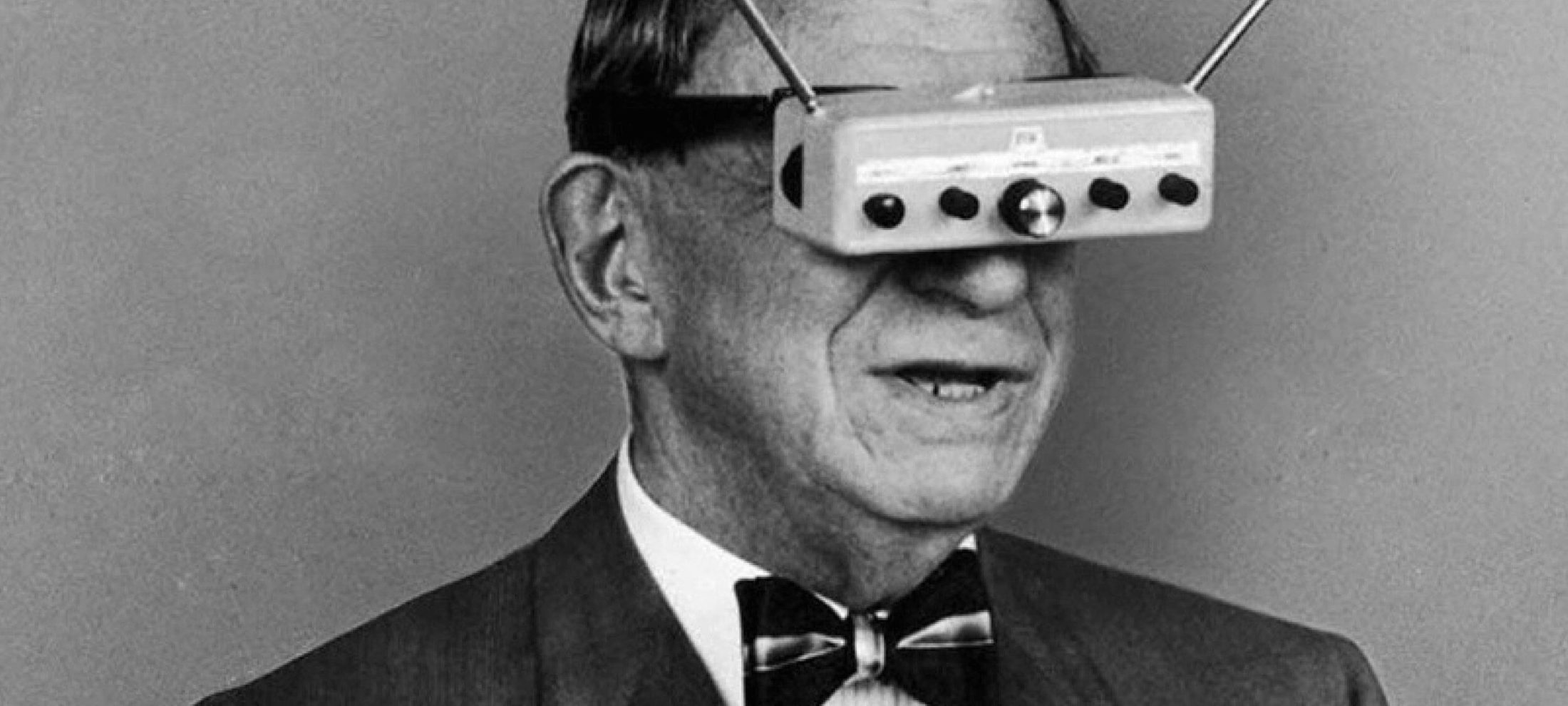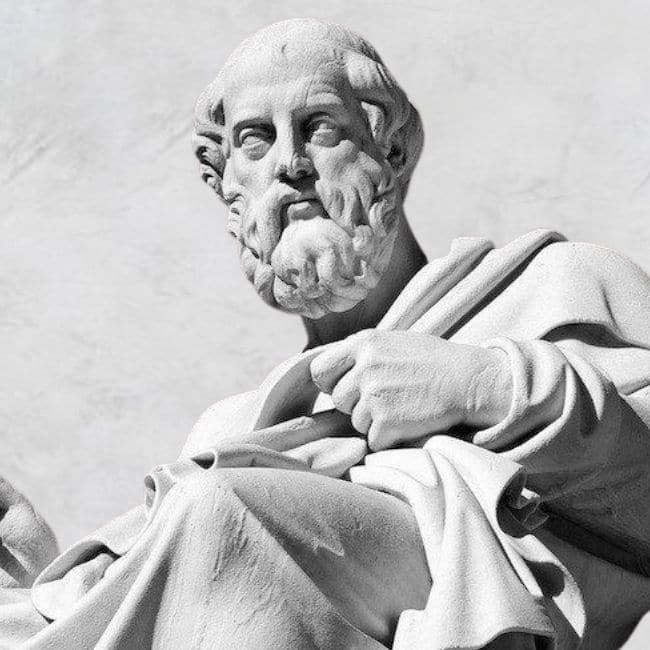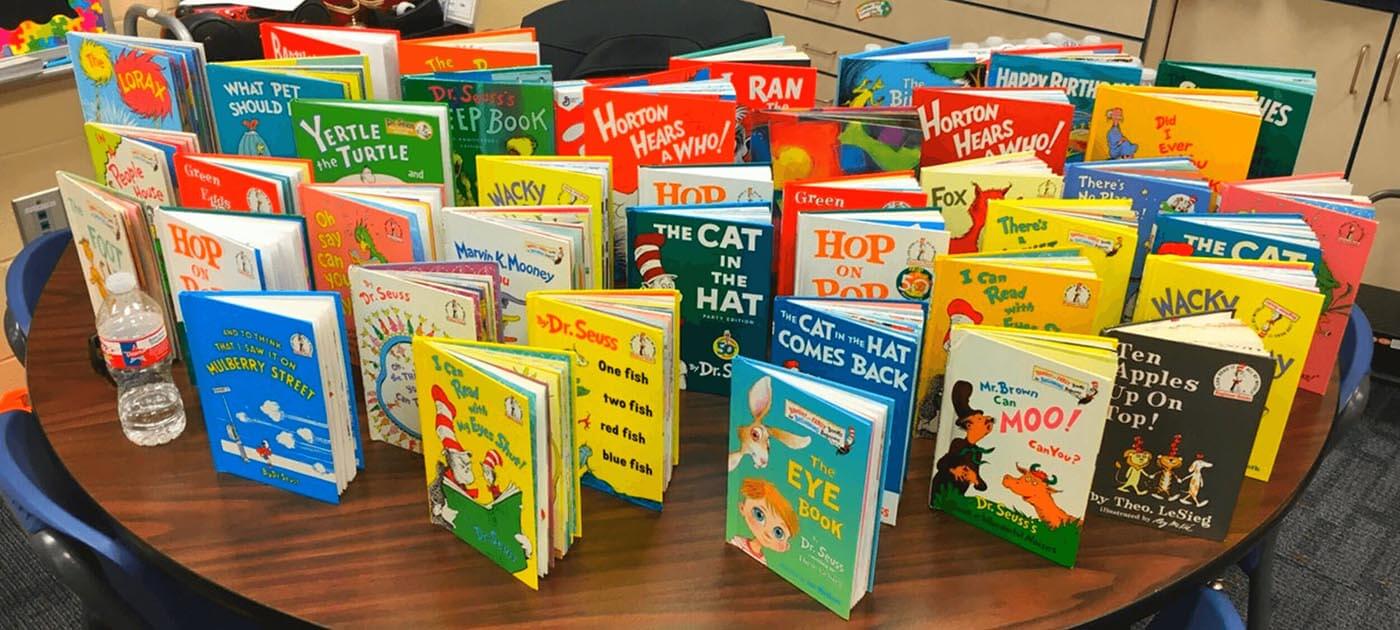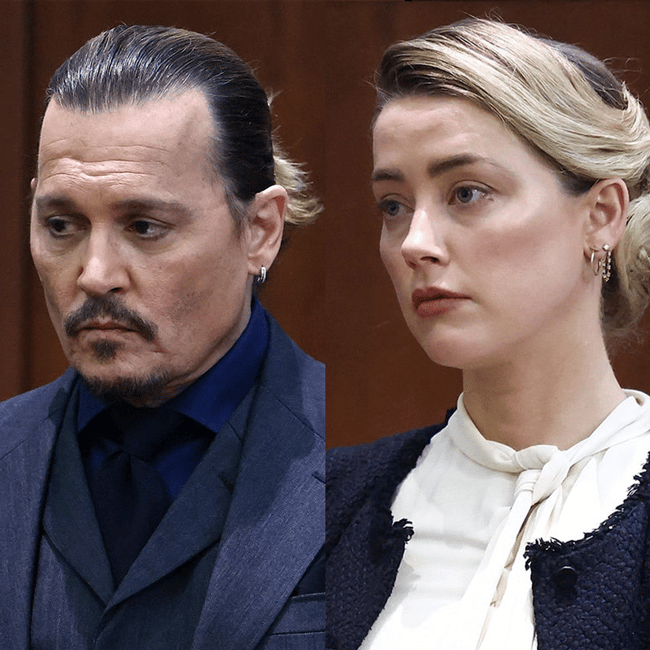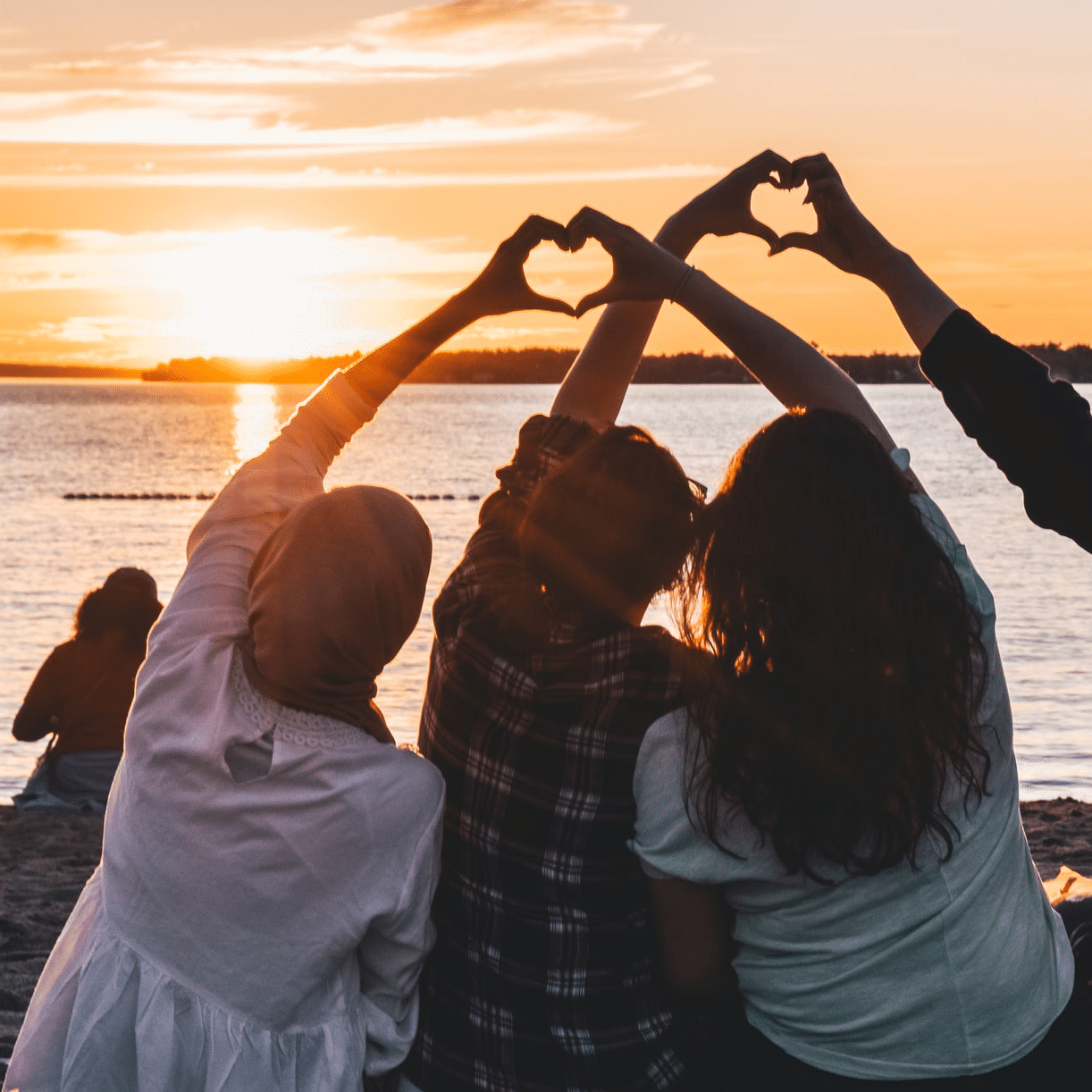Whose fantasy is it? Diversity, The Little Mermaid and beyond
ArticleSOCIETY + CULTURE20/11/2023

Whose fantasy is it? Diversity, The Little Mermaid and beyond
Opinion + AnalysisSociety + CultureRelationships
BY Joseph Earp 20 NOV 2023
The original The Little Mermaid, an animated fable about a young woman searching – literally – for her voice, has what may seem like only a loose relationship with reality.
Sure, the film is filled with themes of yearning, the desire for autonomy, and a struggle for independence, all of which still resonate deeply with the lived experience of its target audience of young women. But it’s also populated with a singing fish, a cursed sea witch, and a range of colourful, deeply fantastical supporting characters.
But in our increasingly divided age, fantasy is not a simple proposition anymore. Just look at the culture war that the CGI-saturated remake of The Little Mermaid has been dragged into, with the film facing “backlash” from those who have argued that the casting of a black Ariel (Halle Bailey) represents a break from “reality”. Their argument – that this new Ariel is not the one they grew up with, a premise that rests on the idea that there is a “real” Ariel to be deviated from.

These arguments are, in essence, arguments about the nature of fantasy – about how fantastical these stories are allowed to be. Fantasy authors can do anything. So what should they do?
How much fantasy is allowed?
The Little Mermaid is not the only modern fantasy story that has been plunged into debates around diversity and representation. The characters of Rey and Rose Tico from Disney’s new Star Wars trilogy faced significant backlash for being female, while the series’ black Stormtrooper, Finn, was criticised as breaking the canon. Stormtroopers were clones, went the argument – so how could one of them be black? Indeed, racist backlashes against casting in fantasy have become so commonplace that Moses Ingram, who played the villainous Reva Sevander in the Obi-Wan Kenobi miniseries, started sharing some of the vile messages that she received.
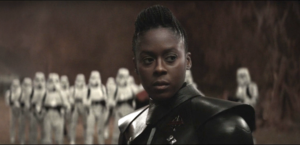
Those responsible for these backlashes tend to argue that the casting of diverse actors “breaks canon”, and disrupts storytelling rules. Some fans will argue that as Stormtroopers are always white in the world of the Star Wars story, they always must be. This was the explanation for the backlash that met the casting of diverse actors in the new Lord of the Rings series, The Rings of Power – Tolkien’s world was white, went the argument, so any story told in that world should be too. Of course, these “fans” do not acknowledge the possibility that the canon of these stories could be racist, and that breaking the canon might be morally necessary. They merely hold to the story as it was written.
This is an argument about fantasy: about how “real” these stories should be. Fantasy authors can do anything, tell any story, infuse their characters with magical explanations that fly in the face of reality. But they do still have to abide but certain rules. No-one would enjoy the world of Hogwarts if J.K. Rowling constantly threw up magical explanations that defied one another to advance the plot. There needs to be some consistency; some “reality”.
Those who cry foul when diverse actors are cast in fantasy do so because they have smuggled a bad ethical argument into one about consistency.
They are making an ethical claim – they do not want to see diverse communities in their art – and pretending it is an aesthetic claim – that they are talking about stories, not about ethics.
In at least some cases, we can assume that this is just a bad faith argument: that these people know in our modern age that they cannot make an openly racist remark, and so scratch around in the world of aesthetics to disguise their bigotry. But even if these people really think that they’re talking about aesthetics, the mistake is to assume that ethics and aesthetics easily pull apart.
Your dreams aren’t divorced from the real world
In her landmark essay The Right To Sex, the philosopher Amia Srinivasan explores the moral weight of aesthetic choices. In her case, she was exploring those who express sexual preference – cis men who desire a certain kind of woman, for instance, with a certain body. But her conclusions are helpful for us here too.
In essence, Srinivasan wants to balance the freedom to choose – people should be able to desire whom they want to desire, and not be forced to change their desires by others – with the idea that some choices are bigoted or small-minded in some way – say, the person who only desires Asian women, or the person who doesn’t desire any Asian women at all.
What Srinivasan encourages is an interest in one’s own desires. She suggests people explore and understand why they want what they want, and to be aware that sometimes those wants can come from bad, unethical places. In essence, Srinivasan made it clear that purely aesthetic choices are actually ethical choices – that things that seem “merely a matter of taste” can actually come from bigotry.
So it goes with fantasy. The fantasy genre is one of dreams; of pure imagination. But that imagination is born from the real-world. And our real-world contains bigotry and hate.
Fantasy writers dream, but they dream in a way that is influenced by morals, preferences, and real-world concerns.
This isn’t just imaginative play. This is play that is responsive to the real world. And as such, ethics should remain a concern. There are people out there who say that they genuinely desire a white Ariel – that seeing a Caucasian mermaid is of tantamount importance to them. What Srinivisan teaches us, is that we do not need to see this desire as emerging from a vacuum. It’s not “just” taste. It’s taste formed from a society that for too long has prioritised white bodies.
It’s like the philosopher Regina Swanson writes.: “[Fantasy] writers bring form to formlessness, creating a narrative that arises from the deep inner places of the mind,” she has put it. “As such, fantasy can reveal our collective hopes, dreams, and nightmares.” Those hopes, dreams, and nightmares aren’t “just” fantasies. They’re meaningfully real.

Ethics in your inbox.
Get the latest inspiration, intelligence, events & more.
By signing up you agree to our privacy policy
You might be interested in…
Opinion + Analysis
Relationships, Society + Culture
Big Thinker: Kwame Anthony Appiah
Opinion + Analysis
Business + Leadership, Society + Culture
A win for The Ethics Centre
Opinion + Analysis
Business + Leadership, Relationships, Science + Technology, Society + Culture
Who does work make you? Severance and the etiquette of labour
Opinion + Analysis
Politics + Human Rights, Relationships
What’s the use in trying?
BY Joseph Earp
Joseph Earp is a poet, journalist and philosophy student. He is currently undertaking his PhD at the University of Sydney, studying the work of David Hume.
Moral injury
VideoHEALTH + WELLBEING13/11/2023
Each of us believes that, at our core, we are fundamentally ethical people. We always try to do the right thing. We have deeply held values and principles that we are not willing to compromise.
But sometimes we are thrust into situations where there appears to be no ‘right answer’ – where the best we can hope for is to take the ‘least bad’ option or, worse still, where we are forced to act against what we believe is right.
Moral injury is caused when we are compelled to act against what we believe is right in a high stakes situation.

Ethics in your inbox.
Get the latest inspiration, intelligence, events & more.
By signing up you agree to our privacy policy
You might be interested in…
Opinion + Analysis
Business + Leadership, Health + Wellbeing, Relationships
Office flings and firings
Opinion + Analysis
Business + Leadership, Relationships
Game, set and match: 5 principles for leading and living the game of life
Opinion + Analysis
Health + Wellbeing, Relationships
The truths COVID revealed about consumerism
Opinion + Analysis
Health + Wellbeing, Relationships
It’s easy to ignore the people we can’t see
BY The Ethics Centre
The Ethics Centre is a not-for-profit organisation developing innovative programs, services and experiences, designed to bring ethics to the centre of professional and personal life.
How to find moral clarity in Gaza
ArticlePOLITICS + HUMAN RIGHTS13/11/2023

How to find moral clarity in Gaza
Opinion + AnalysisPolitics + Human Rights
BY Simon Longstaff 13 NOV 2023
Confronted by the horrors of war between Israel and Hamas, one is naturally drawn to those who offer moral certainty.
After all, it is repugnant to the soul to think that there is no sure ground for the revulsion we feel when confronted by the carnage unleashed on October 7th. Yet, to reject the dead hand of moral relativism does not mean that we must uncritically embrace one side or the other as being either wholly vicious or wholly virtuous.
Here, distinctions matter. For example, there is a vital difference between the Jewish people and the Government of Israel. Likewise, the Palestinian people are not defined by Hamas. When free to do so, many Jews and Palestinians are as one in criticising and condemning the actions of those, in power, who claim to be acting in their name. So, in our search for ethical clarity, we need tools to produce certainty while allowing us to discern relevant distinctions.
By way of background, I should mention that I have been teaching military ethics, both at home and abroad, for more than three decades. In that time, I have typically dealt with what occurs at the ‘pointy end’ of warfighting – with people of all ranks and many cultures. This has included sitting with generals, most of them active operational commanders, from twenty-five nations, as we have discussed some of the most challenging issues ever to be encountered by those who serve in the profession of arms. In the course of my work in this area, we have naturally focused on the requirements of Humanitarian Law and Just War Theory. Those requirements are routinely quoted at times such as these. However, I think that there are even more fundamental principles that can serve us well – whether military or civilian – as we seek to establish firm ground on which to stand.
The first and most fundamental of these principles is that of ‘respect for persons’. This principle requires us to recognise the intrinsic dignity of every person – irrespective of their culture, gender, sex, religion, etc. As such, no person or group can be used merely as a means to some other end. Thus, the prohibition against slavery. No person or group can be deemed ‘less than fully human’ – even those who engage in unspeakably wicked deeds. The torturer or genocidal murderer might forfeit their lives under some systems of justice – but never their intrinsic dignity. That is why we insist on minimum standards of care for prisoners of war – and even war criminals awaiting their fate. Those who deny others intrinsic dignity open the gates to the hells of torture, genocide and the like.
The second principle is captured in an aphorism derived from the Canadian philosopher, Michael Ignatieff. Ignatieff argues that the difference between a ‘warrior’ and a ‘barbarian’ is ‘ethical restraint’. The idea is reflected in principles like those of ‘proportionality’ (minimum force required) and ‘discrimination’ (only legitimate targets) that are a core part of military ethics. However, I think that Ignatieff takes us somewhat deeper. His concept of ethical restraint – as the basis for distinguishing between ‘warriors’ and ‘barbarians’ – asks us not only to consider actions but also intent.
For example, to mount an attack of the kind launched by Hamas on October 7th – with the clear intention of massacring and mutilating innocent civilians – is to be distinguished from military action that tries, with utmost sincerity, to limit the harm caused to non-combatants. Hamas knows that Israel will always prevail in a direct contest of arms. However, following the logic of ‘asymmetric warfare’ it also knows that if it can goad Israel into fighting a ground war in areas heavily populated by civilians then the latter’s strategic strength can be broken in line with a loss of moral authority at home and abroad.
But how do you retain the status of a ‘warrior’ against an opponent who is deliberate in their use of the tactics of the ‘barbarian’ – and whose success absolutely depends on the wounding and death of the innocent?
This brings me to a third principle – familiar the world over. Expressed by the Chinese philosopher, Confucius, in the form, “Do not do to others what you would not have done to yourself”, the same principle (or a version of it) can be found in Jewish writings: “What is hateful to you, do not do to your fellow-man. This is the entire Law, all the rest is commentary” (Talmud, Shabbat 3id – 16th Century BCE). The same sentiment can be found expressed in the Hadith – the sayings and deeds of the Prophet Muhammad who is recorded as having said, “Not one of you truly believes until you wish for others that which you wish for yourself.” In a further formulation of the same basic principle, the Prophet is also recorded as having said, “Do unto all men as you would wish to have done unto you; and reject for others what you would reject for yourself.” Such precepts reflect the essence of the ‘Golden Rule’.
What then might be the implications for the current conflict if this widely recognised principle was given practical effect? Even the most savage Hamas terrorist, with an abiding hatred of the Jewish people, will refuse to countenance that a child of his be raped and murdered in pursuit of his cause. Nor would the most zealous defender of Israel allow the bombing of a Jewish hospital – even if a Hamas command centre is located beneath the structure. One hopes that both would refuse to do to others what they would not have done to their own. In short, the exercise of moral imagination (in which you stand in the others’ shoes) as required by the application of the Golden Rule, should produce just the kind of ethical restraint that Ignatieff calls for.
So, why the carnage?
One explanation lies in the violation of the first principle outlined above. Antisemitism of the kind written into the core ideology of Hamas is fueled by an ancient denial of the full and equal humanity of the Jewish people. It is the same denial that made the Holocaust possible – with Nazi propaganda deliberately dehumanising the Jews by comparing them to vermin. Extermination was the logical next step once the vicious premise had taken root. And that is why it chills one to the bone to hear the Israeli Defence Minister, Yoav Gallant, say that in the latest conflict, “We are fighting against human animals”. Israel is the one nation on earth where we might have hoped such words never to be uttered.
If one seeks moral clarity, it will not be found in a flag around which one can rally. It will not be found in ties of blood or history alone. It lies in the conscious application of principle – without fear or favour, beyond the ties of kinship.
This is not to say that one must set aside emotion. It is proper to grieve for family and friends and those closest to you in belief and culture. But sympathy, grief, anger and a lust for revenge are not the ground on which judgement must rest.
An edited version of this article was originally published in the Australian Financial Review.
Image: Justin Lane / AAP Photo

BY Simon Longstaff
After studying law in Sydney and teaching in Tasmania, Simon pursued postgraduate studies in philosophy as a Member of Magdalene College, Cambridge. In 1991, Simon commenced his work as the first Executive Director of The Ethics Centre. In 2013, he was made an officer of the Order of Australia (AO) for “distinguished service to the community through the promotion of ethical standards in governance and business, to improving corporate responsibility, and to philosophy.”
Ethics in your inbox.
Get the latest inspiration, intelligence, events & more.
By signing up you agree to our privacy policy
You might be interested in…
Opinion + Analysis
Business + Leadership, Politics + Human Rights
Should corporate Australia have a voice?
Opinion + Analysis
Health + Wellbeing, Politics + Human Rights, Relationships, Science + Technology
The value of a human life
Opinion + Analysis
Business + Leadership, Politics + Human Rights
Survivors are talking, but what’s changing?
Big thinker
Politics + Human Rights
Big Thinker: Judith Jarvis Thomson
The ethics of exploration: We cannot discover what we cannot see
ArticleSCIENCE + TECHNOLOGY02/11/2023

The ethics of exploration: We cannot discover what we cannot see
Opinion + AnalysisRelationshipsScience + Technology
BY Simon Longstaff 2 NOV 2023
For many years, I took it for granted that I knew how to see. As a youth, I had excellent eyesight and would have been flabbergasted by any suggestion that I was deficient in how I saw the world.
Yet, sometime after my seventeenth birthday, I was forced to accept that this was not true, when, at the end of the ship-loading wharf near the town of Alyangula on Groote Eylandt, I was given a powerful lesson on seeing the world. Set in the northwestern corner of Australia’s Gulf of Carpentaria, Groote Eylandt is the home of the Anindilyakwa people. Made up of fourteen clans from the island and archipelago and connected to the mainland through songlines, these First Nations people had welcomed me into their community. They offered me care and kinship, connecting me not only to a particular totem, but to everything that exists, seen and unseen, in a world that is split between two moieties. The problem was that this was a world that I could not see with my balanda (or white person’s) eyes.
To correct the worst part of my vision, I was taken out to the end of the wharf to be taught how to see dolphins. The lesson began with a simple question: “Can you see the dolphins?” I could not. No matter how hard I looked, I couldn’t see anything other than the surface of the waves and the occasional fish darting in and out of the pylons below the wharf. “Ah,” said my friends, “the problem is that you’re looking for dolphins!” “Of course, I’m looking for dolphins,” I said. “You just told me to look for dolphins!” Then came the knockdown response. “But, bungie, you can’t see dolphins by looking for dolphins. That’s not how to see. What you see is the pattern made by a dolphin in the sea.”
That had been my mistake. I had been looking for something in isolation from its context. It’s common to see the book on the table, or the ship at sea, where each object is separate from the thing to which it is related in space and time. The Anindilyakwa mob were teaching me to see things as a whole. I needed to learn that there is a distinctive pattern made by the sea where there are no dolphins present, and another where they are. For me, at least, this is a completely different way of seeing the world and it has shaped everything that I have done in the years since.
This leads me to wonder about what else we might not see due to being habituated to a particular perspective on the world.
There are nine or so ethical lenses through which an explorer might view the world. Each explorer will have a dominant lens and can be certain that others they encounter will not necessarily see the world in the same way. Just as I was unable to see dolphins, explorers may not be able to see vital aspects of the world around them—especially those embedded in the cultures they encounter through their exploration.
Ethical blindness is a recipe for disaster at any time. It is especially dangerous when human exploration turns to worlds beyond our own. I would love to live long enough to see humans visiting other planets in our solar system. Yet, I question whether we have the ethical maturity to do this with the degree of care required. After all, we have a parlous record on our own planet. Our ethical blindness has led us to explore in a manner that has been indifferent to the legitimate rights and interests of Indigenous peoples, whose vast store of knowledge and experience has often either been ignored or exploited.
Western explorers have assumed that our individualistic outlook is the standard for judgment. Even when we seek to do what is right, we end up tripping over our own prejudice. We have often explored with a heavy footprint or with disregard for what iniquities might be made possible by our discoveries.
There is also the question of whether there are some places that we ought not explore. The fact that we can do something does not mean that it should be done. Inverting Kant’s famous maxim that “ought implies can,” we should understand that can does not imply ought! I remember debating this question with one of Australia’s most famous physicists, Sir Mark Oliphant. He had been one of those who had helped make possible the development of the atomic bomb. He defended the basic science that made this possible while simultaneously believing that nuclear weapons are an abomination. He put it to me that science should explore every nook and cranny of the universe, as we can only control what is known and understood. Yet, when I asked him about human cloning, Oliphant argued that our exploration should stop at the frontier. He could not explain the contradiction in his position. I am not sure anyone has yet clearly defined where the boundary should lie. However, this does not mean that there is no line to be drawn.
So how should the ethical landscape be mapped for (and by) explorers? For example, what of those working on the de-extinction of animals like the thylacine (Tasmanian tiger)? Apart from satisfying human curiosity and the lust to do what has not been done before, should we bring this creature back into a world that has already adapted to its disappearance? Is there still a home for it? Will developments in artificial intelligence, synthetic biology, gene editing, nanotechnology, and robotics bring us to a point where we need to redefine what it means to be human and expand our concept of personhood? What other questions should we anticipate and try to answer before we traverse undiscovered country?
This is not to argue that we should be overly timid and restrictive. Rather, it is to make the case for thinking deeply before striking out, for preparing our ethics with as much care as responsible explorers used to give to their equipment and stores.
The future of exploration can and should be ethical exploration, in which every decision is informed by a core set of values and principles. In this future, explorers can be reflective practitioners who examine life as much as they do the worlds they encounter. This kind of exploration will be fully human in its character and quality. Eyes open. Curious and courageous. Stepping beyond the pale. Humble in learning to see—to really see—what is otherwise obscured within the shadows of unthinking custom and practice.
This is an edited extract from The Future of Exploration: Discovering the Uncharted Frontiers of Science, Technology and Human Potential. Available to order now.
BY Simon Longstaff
After studying law in Sydney and teaching in Tasmania, Simon pursued postgraduate studies in philosophy as a Member of Magdalene College, Cambridge. In 1991, Simon commenced his work as the first Executive Director of The Ethics Centre. In 2013, he was made an officer of the Order of Australia (AO) for “distinguished service to the community through the promotion of ethical standards in governance and business, to improving corporate responsibility, and to philosophy.”
Ethics in your inbox.
Get the latest inspiration, intelligence, events & more.
By signing up you agree to our privacy policy
You might be interested in…
Opinion + Analysis
Relationships
The historical struggle at the heart of Hanukkah
Big thinker
Science + Technology
Seven Influencers of Science Who Helped Change the World
Opinion + Analysis
Health + Wellbeing, Relationships
Why your new year’s resolution needs military ethics
Opinion + Analysis
Relationships
Why we find conformity so despairing
Unconscious bias
VideoRelationships01/11/2023
Our brains are evolved to help us survive.
That means they take a lot of shortcuts to help us get through the day. These shortcuts, or heuristics, are vital. But they come at a cost. Learn what unconscious bias is and how you become aware of your own unconscious bias.
Ethics in your inbox.
Get the latest inspiration, intelligence, events & more.
By signing up you agree to our privacy policy
You might be interested in…
Opinion + Analysis
Business + Leadership, Relationships
Moving work online
Opinion + Analysis
Health + Wellbeing, Relationships, Science + Technology
When do we dumb down smart tech?
Explainer
Politics + Human Rights, Relationships
Ethics Explainer: Autonomy
Explainer
Health + Wellbeing, Relationships
Ethics Explainer: Values
BY The Ethics Centre
The Ethics Centre is a not-for-profit organisation developing innovative programs, services and experiences, designed to bring ethics to the centre of professional and personal life.
How to have moral courage and moral imagination
VideoRelationships01/11/2023
Every time we make a decision, we change the world just a little bit.
This is why moral imagination plays a crucial role in good ethical decision making. It helps us appreciate other people’s perspective. And sometimes when we must make those decisions, they can be difficult, this is where moral courage comes into play.
Ethics in your inbox.
Get the latest inspiration, intelligence, events & more.
By signing up you agree to our privacy policy
You might be interested in…
Big thinker
Relationships
Big Thinker: Plato
Explainer
Relationships
Ethics Explainer: Negativity bias
Opinion + Analysis
Politics + Human Rights, Relationships, Society + Culture
Stop giving air to bullies for clicks
Opinion + Analysis
Relationships
We live in an opinion economy, and it’s exhausting
BY The Ethics Centre
The Ethics Centre is a not-for-profit organisation developing innovative programs, services and experiences, designed to bring ethics to the centre of professional and personal life.
Moral intuition and ethical judgement
Video01/11/2023
By checking in to our intuitions and using them to inform our judgements, we can come up with decisions that make sense, but also feel right.
Ethics in your inbox.
Get the latest inspiration, intelligence, events & more.
By signing up you agree to our privacy policy
You might be interested in…
Opinion + Analysis
Health + Wellbeing, Relationships
Ageing well is the elephant in the room when it comes to aged care
Opinion + Analysis
Relationships
Violent porn and feminism
Opinion + Analysis
Health + Wellbeing, Relationships
Are there any powerful swear words left?
Explainer
Relationships
Ethics Explainer: Truth & Honesty
BY The Ethics Centre
The Ethics Centre is a not-for-profit organisation developing innovative programs, services and experiences, designed to bring ethics to the centre of professional and personal life.
What is the difference between ethics, morality and the law?
Video01/11/2023
What is the difference between ethics, morality and the law?
WATCHRelationships
BY The Ethics Centre 1 NOV 2023
The world around us is a smorgasbord of beliefs, claims, rules and norms about how we should live and behave.
It’s important to tease this jumble of ethical pressures apart so we can put them in their proper place. Otherwise, it can be hard to know what to do when some of these requirements contradict others. Let’s talk about three different categories of demands on how we should live: ethics, morality and law.
Ethics in your inbox.
Get the latest inspiration, intelligence, events & more.
By signing up you agree to our privacy policy
You might be interested in…
Opinion + Analysis
Health + Wellbeing, Relationships
You are more than your job
Opinion + Analysis
Climate + Environment, Relationships
You can’t save the planet. But Dr. Seuss and your kids can.
Opinion + Analysis
Politics + Human Rights, Relationships, Society + Culture
You won’t be able to tell whether Depp or Heard are lying by watching their faces
Opinion + Analysis
Relationships, Science + Technology
Injecting artificial intelligence with human empathy
BY The Ethics Centre
The Ethics Centre is a not-for-profit organisation developing innovative programs, services and experiences, designed to bring ethics to the centre of professional and personal life.
Virtue ethics
Video01/11/2023
What makes something right or wrong?
One of the oldest ways of answering this question comes from the Ancient Greeks. They defined good actions as ones that reveal us to be of excellent character.
What matters is whether our choices display virtues like courage, loyalty, or wisdom. Importantly, virtue ethics also holds that our actions shape our character. The more times we choose to be honest, the more likely we are to be honest in future situations – and when the stakes are high.
Ethics in your inbox.
Get the latest inspiration, intelligence, events & more.
By signing up you agree to our privacy policy
You might be interested in…
Opinion + Analysis
Relationships
Ask an ethicist: How do I get through Christmas without arguing with my family about politics?
Opinion + Analysis
Health + Wellbeing, Relationships, Science + Technology
Hallucinations that help: Psychedelics, psychiatry, and freedom from the self
Opinion + Analysis
Business + Leadership, Relationships
Facing tough decisions around redundancies? Here are some things to consider
Explainer
Relationships
Ethics Explainer: Agape
BY The Ethics Centre
The Ethics Centre is a not-for-profit organisation developing innovative programs, services and experiences, designed to bring ethics to the centre of professional and personal life.
Deontology
Video01/11/2023
What makes something right or wrong?
One answer comes from the work of German philosopher Immanuel Kant, who is considered the founder of an ethical theory called deontology. Deontology comes from the Greek word deon, meaning duty. It holds, quite simply, that actions are good or bad based on whether they fulfil universal moral duties.
Ethics in your inbox.
Get the latest inspiration, intelligence, events & more.
By signing up you agree to our privacy policy
You might be interested in…
Opinion + Analysis
Politics + Human Rights, Relationships
Adoption without parental consent: kidnapping or putting children first?
Opinion + Analysis
Relationships
Why we find conformity so despairing
Opinion + Analysis
Health + Wellbeing, Relationships
Women must uphold the right to defy their doctor’s orders
Opinion + Analysis
Relationships, Science + Technology






